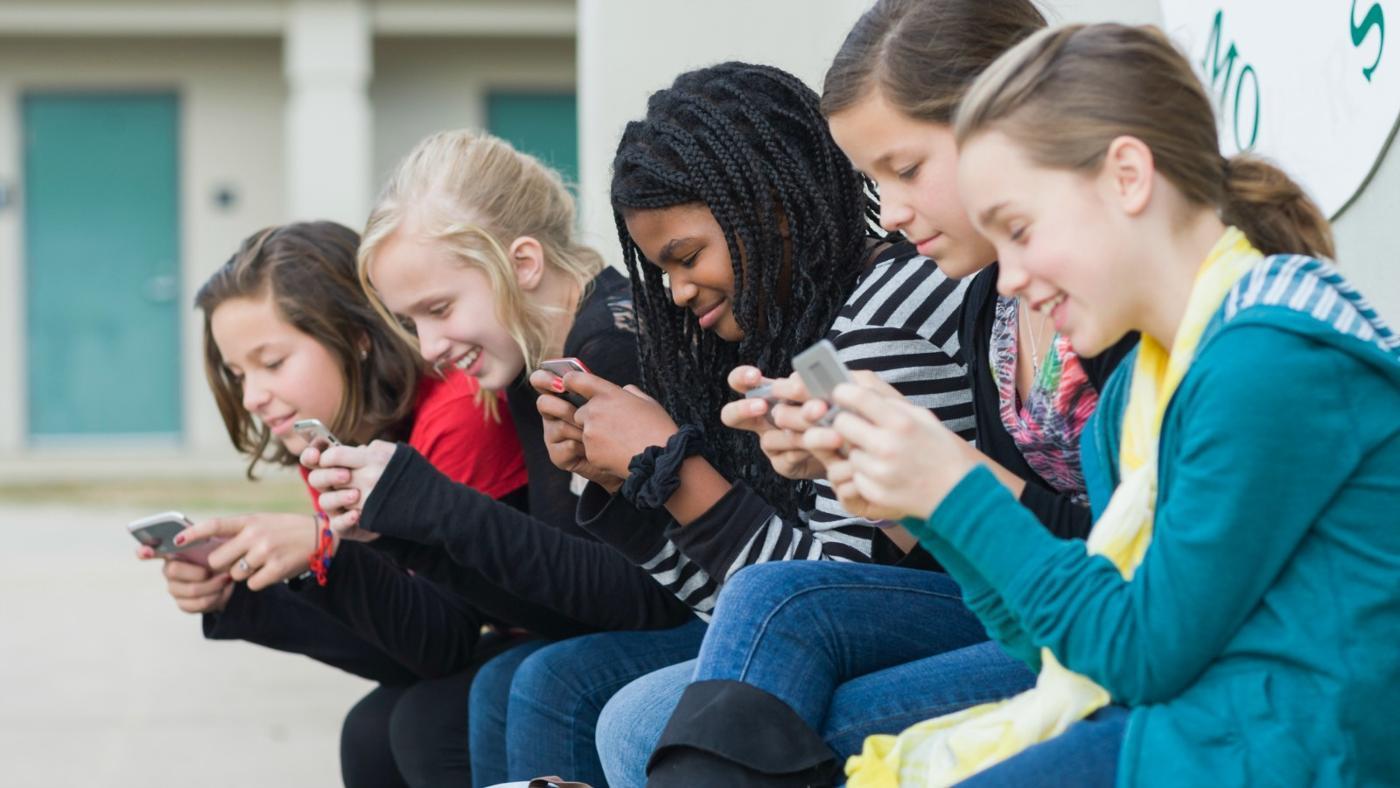Social media has over the years taken over the internet space with millions of people around the world connecting and sharing information in the “open” or via direct messaging popularly known as DM.
Many have used platforms such as Twitter, Facebook, Tik Tok, Instagram, Likee and Snapchat to link up, network and do businesses which is fetching them lots of money.
Ghana’s internet penetration rate, according to a report by Data Reportal, stood at 68.2 per cent of the total population of 32,974,935, at the start of 2023, indicating that internet users in the country have increased by 438,000 between the years 2022 and 2023.
It further revealed that Ghana was home to 6.60 million social media users in January 2023, equating to 19.5 per cent of the total population.
The report also found that 40.5 per cent of Ghana’s social media users were female, while 59.5 per cent were male.
According to the report and data published in Meta’s advertising resources, WhatsApp is still the number one social media platform in Ghana, with Facebook coming in second with 5.65 million users in early 2023.
The report also found that TikTok and YouTube occupy most Ghanaian users who spend about 23.5 hours per month on TikTok and 23.1 hours per month on YouTube.
Because many people are forcing to enter the “smart world” very young individuals including children and minors now own smart phones which they use to download social media applications to create profiles in the quest to connect with their peers, make new friends and view trends.
However, we must be worried about the presence of children on social media, as not every parent can entirely control what their children watch or follow on such platforms. Even if they do not intentionally follow inappropriate platforms or sites on social media, they risk being exposed to sponsored pages including pornographic ones.
Some children, out of curiosity to know more, do not indicate their real ages as requested, when creating social media profiles. Especially in our part of the world, where many children are more knowledgeable in managing smartphones than their parents or grandparents under whose care they are, things could get out of hand if care is not taken.
Children on social media stand the risk of being exposed to online predators who sometimes pose as peers, to gain the trust of children and manipulate them into sharing personal information, engaging in inappropriate conversations or even meeting them offline, putting the safety of these children at risk.
A typical example is the case where a former Director of the Effia Nkwanta Regional Hospital in Takoradi, Dr Sulley Ali Gabass, managed to lure a teenage student of the Saint John’s Senior High School, Sekondi into his bed after contacting him via Facebook and ended up sodomising the minor.
The medical doctor is currently serving a 25 years jail term at the Nsawam Maximum Security Prisons after a court found him guilty of committing the crime.
Speaking at a girls’ mentorship programme for schoolgirls within the Ga North Municipality recently, a child protection advocate, Madam Elsie Boateng, said social media often promotes unrealistic standards of beauty, success and popularity. Children who are active on social media, she said could therefore begin to compare themselves to others and start developing feelings of inadequacy, leading to lowered self-esteem and body image issues.
She explained that since children may not fully understand the implications of sharing personal information on social media, oversharing could lead to privacy breaches and increase the risk of identity theft, stalking or other forms of online exploitations.
Social media identity theft refers to the fraudulent act of stealing someone’s online identity through their social media accounts. It involves unauthorised access to a person’s social media profile and using their personal information, pictures and other details for deceptive purposes.
Also, while using social media, she said children may come across violent contents which undoubtedly could have negative impacts on their mentality and potentially influence their behaviours.
According to Madam Boateng, the excessive use of social media could also interfere with children’s daily routines including their studies, physical activities and face-to-face social interactions.”
“It can also lead to addiction, as the constant need for social validation and the fear of missing out of trending issues could make children overly dependent on social media platforms,” she added.
WHO ARE SOCIAL MEDIA PREDATORS
These predators are people who use social media platforms to target, manipulate and exploit others, particularly vulnerable individuals for the purpose of harming them. They typically engage in deceptive tactics to win the trust of their victims, children especially and then later carry out their bad intentions. This is the reason why children need guidance while using the internet because even adults, women especially, have fallen victims to such dubious individuals, what many describe as romance scammers, how much more children.
Child predators specially focus on children and minors with the sole aim of establishing inappropriate relationships with them. They usually use fake identities or pose as persons of the same age as their victims.
PARENTAL GUIDANCE
Since social media has come to stay and we cannot entirely prevent children from creating their personal social media profiles or following social media contents, it is advisable for parents and guardians to be actively involved in their children’s online activities, establish open communication, set clear boundaries and educate them about online safety measures such as privacy settings, responsible posting and how to recognize social media predators and reporting inappropriate behaviours.
Parents, guardians and teachers must teach children how to exercise caution and be mindful of the kinds of information they share online, especially when interacting with strangers. Better still children should be advised against having private chats with anybody on social media, not even their classmates.
Awareness about the availability of parental control tools must be increased so that parents and guardians will know how to use such mobile phone applications (app) to monitor and restrict the online activities of their wards.
Examples of such tools or apps include, net nanny, family time, famisafe, qustodio and kaspersky safe kids.
These tools can generate reports and alerts that provide information about a child’s online activities. The ones with GPS tracking systems also allow parents to know the location of their wards at any time.
Most of these tools also support time management by allowing parents to set specific time limits for internet usage thereby preventing excessive screen time.
If all parents become aware of the availability of such tools and find it necessary to use them, it will go a long way in protecting children and minors from the harmful practices of online predators who target them.
Social media can be highly beneficial, addictive and dangerous as well so PARENTS and CHILDREN must be cautious all the time while using the internet.
Many have used platforms such as Twitter, Facebook, Tik Tok, Instagram, Likee and Snapchat to link up, network and do businesses which is fetching them lots of money.
















